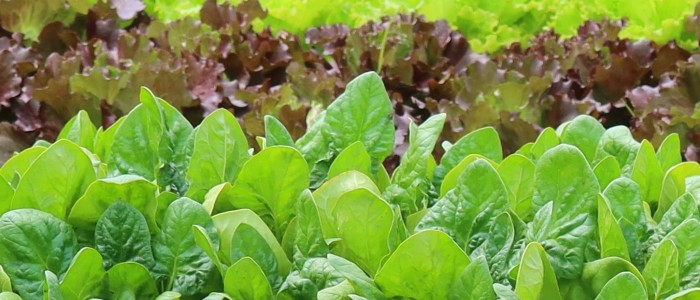-
 Turf Grass Seed Bluegrass, Bentgrass, Ryegrass, Fescues...
Turf Grass Seed Bluegrass, Bentgrass, Ryegrass, Fescues...
-
 Forage Seed Bromes, Clovers, Fescue, Wheatgrass, Legumes
Forage Seed Bromes, Clovers, Fescue, Wheatgrass, Legumes
-
 Grains Wheat Grain, Rye Grain
Grains Wheat Grain, Rye Grain
-
 Cover Crop Seed Buckwheat, Clover, Peas, Ryegrain
Cover Crop Seed Buckwheat, Clover, Peas, Ryegrain
-
 Wildflower Seed Mixtures, Singles, Annual, Perennial
Wildflower Seed Mixtures, Singles, Annual, Perennial
-
 Sprouting Seeds Fully certified Non-GMO Organic seeds for sprouts or microgreens
Sprouting Seeds Fully certified Non-GMO Organic seeds for sprouts or microgreens
Lettuce Microgreens Non-GMO Sprouting Seeds
Lettuce- Available in a number of varieties, lettuce microgreens are colorful, quick and fairly easy to grow. The tender leaves are a popular component of mixed green salads, sandwiches, garnishes and more.
Seeding Rate:
Indoor: 4 tsp./ per 10” x 10” tray
Outdoor: 250 seeds/ per 4 feet
How to Grow: All varieties prefer well-drained soil that is rich in organic matter. Using a 10” x 20” tray filled with 2” of moist soil, spread 4 tsp. of seeds evenly across the soil. Sprinkle lightly with more potting soil. Cover tray and store for 72 hours at 70°F – misting lightly two times a day. Sprouts will emerge in 3 to 4 days. Uncover and place in well-lit area (or under grow lights). Harvest as microgreens when plants reach 3” tall and produce open leaves (or allow them to grow taller and harvest at 7-14 days if preferred). Cut with scissors at approx. 1/4 inch above the soil. Microgreens can be stored dry in a plastic bag in the refrigerator for up to one week. Lightly wash before consuming. Best if eaten right after harvesting.
Nutritional Value: Sprouting seeds are richer in protein, folate, magnesium, phosphorus, manganese and vitamins C and K than un-sprouted plants. The vitamin and mineral content varies based on the variety of the sprouting seeds. Sprouts offer a powerful source of vitamins, minerals, antioxidants, and enzymes that fight free radicals because sprouting can increase their potency by 20 times or more.

